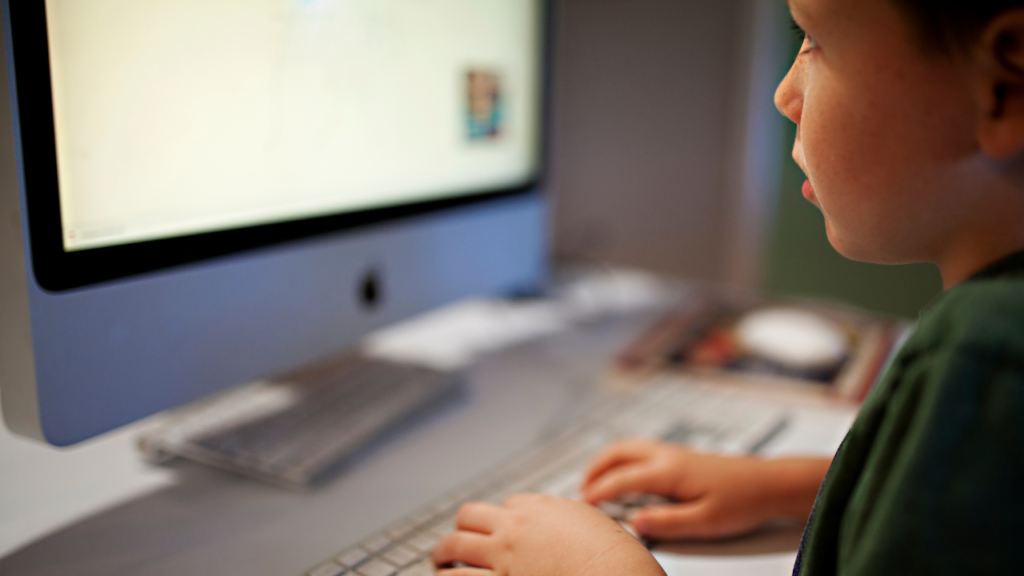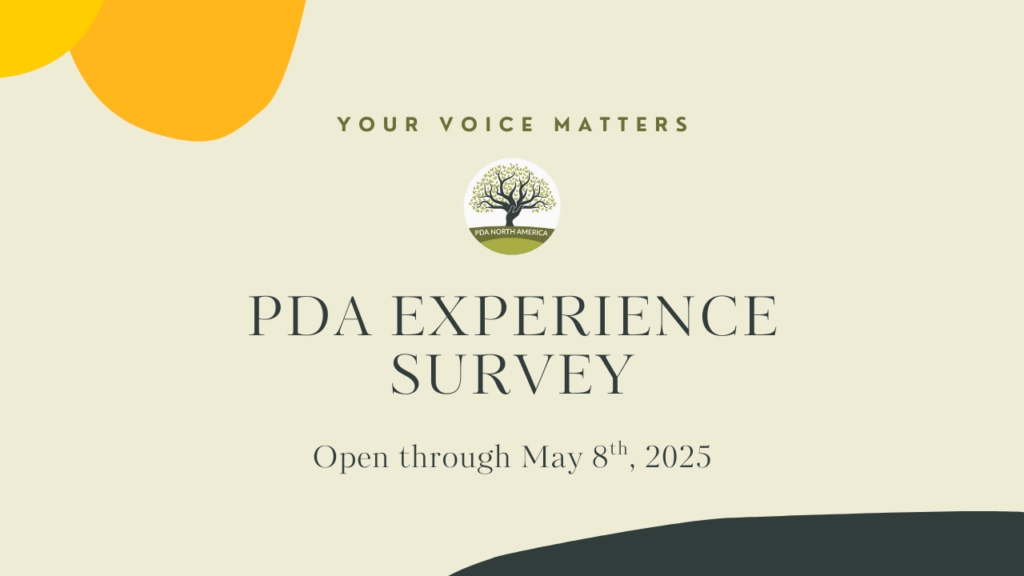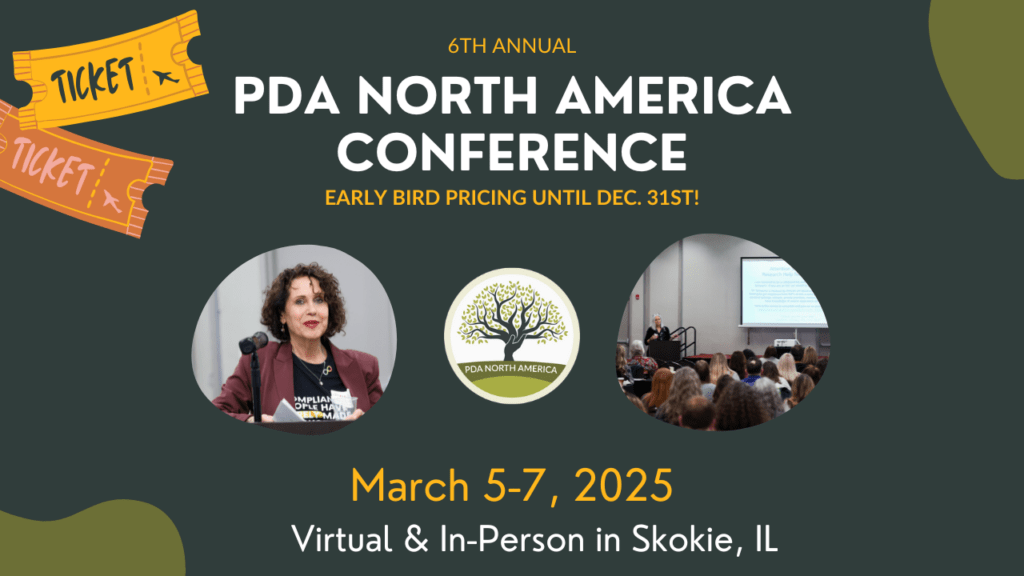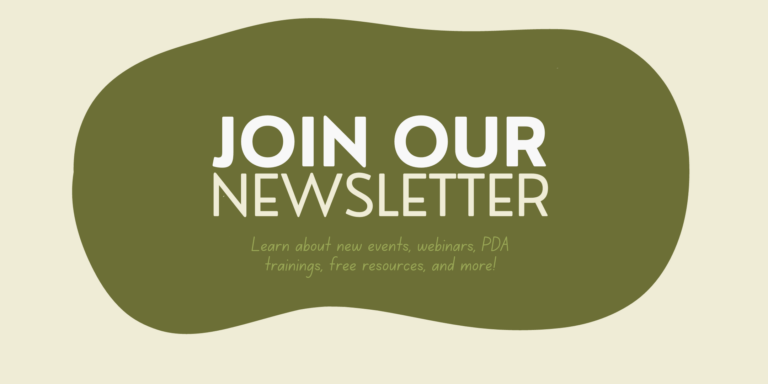by Amanda Diekman
“How do I get my kid to…?” “If I don’t make my kid do this, how will they ever learn?”
I totally get how anxiety-producing it can be to step onto the low demand path. It might be easy enough to let go of a few things, but then there are others that make your palms sweat, that wake you in the night worrying. These are the desperate questions that clients share in coaching sessions, or in question boxes on Instagram. “How do I get my kid to brush their teeth, to go to school, to listen to my husband, to learn to read, to take their meds, to take a deep breath?”
And then the fears, those belly-hollowing concerns that eat us alive. We all want our kids to thrive, to be happy. We want the best for them.
So we ask: “If I let this go now, how will they ever learn? If I don’t make them, they won’t ever do it. Are you saying they’ll never do this thing– and I’m supposed to be OK with that?”
But then we are smacked with the reality that we literally can’t force them to do much of anything. We can’t pry their mouth open and shove the tooth brush in (though maybe we’ve tried, in more desperate moments). We cannot make them fall to sleep. We have tried subtle forms of forcing — rewards and punishments, and we’ve tried less subtle ways (carrying them into school in a bear hug). And we are here because that didn’t work. For us or for them.
If we’re honest with ourselves, I think we can also remember how it felt to be a kid in an adults’ world, where we are forced to do things that others imagine are best for us, without considering how hard or painful it might be for us. Sure, maybe it all worked out. Or we learned an important lesson. But can we remember how it felt? To have our needs and concerns minimized and disrespected and shamed and belittled?
Can I tell you a story?
My middle son is 8.5 years old. He has not had any formal education since he was 4, and that was a loose play-based partial day preschool. Kindergarten age came and went, and I rationalized that he was in burnout so I could not expect him to learn to read under those circumstances. We came out of burnout, and he went through 1st grade without knowing his letters or any letter sounds. He moved into 2nd grade, zero interest in learning phonics with me. No app-based learning games on his ipad. No.
People began to worry and question, and the voices in my head roared their fears. I think we do this half-terrified all the time. I had glimmers that he was learning, but he was not open to talking about it, sharing it, or being celebrated. Today, I came into his room and he had typed a complete sentence: “I love Joe Mama” to troll other players in Roblox. Every word spelled correctly.
I played it cool because I know my kid. He doesn’t like it when I go overboard. I watched as he typed it again, slow, careful, persistent trolling. He giggled under his breath the whole time. Do I tell you this story to say that all kids always teach themselves to read on their own? Or to say “See? Don’t worry so much!” to add more shame to your worry-pile? No, no, no, dear one.
I tell you this because I literally didn’t know what it looked like to trust kids who teach themselves everything, kids who you cannot force to do anything. I didn’t know any stories of things working out OK without adults stepping in and forcing the issue. I cannot predict your future. I do not know if your kid will ever do this thing that you are so longing for them to do. I do know that my child has taught himself to read and write on Roblox.
I know that he says “please” and “thank you” and “I love you” and “when you have a chance” and “I’m sorry,” when he can, even though I have never insisted on any of these things.
I know that his timeline is not like I expected. That I have released my plans and dreams for him over and over. There is grief, and loss, and pain. But my friends there is such joy. My heart cannot contain it. “I love Joe Mama.”
Amanda Diekman is the author of Low Demand Parenting, mama to 3 amazing kids, PTSD survivor, and late diagnosed PDA Autistic. Learn more about Amanda and her offerings here.
